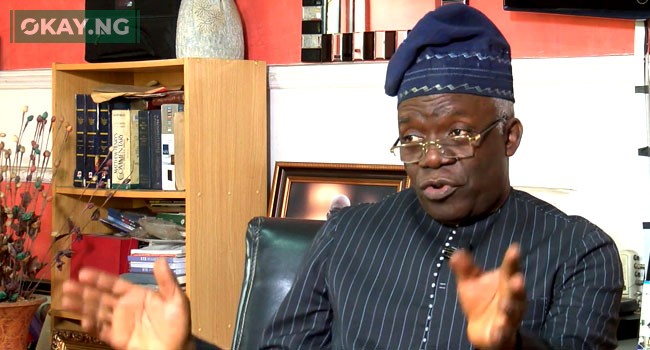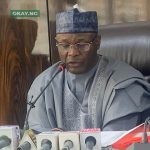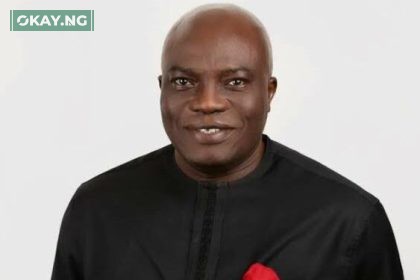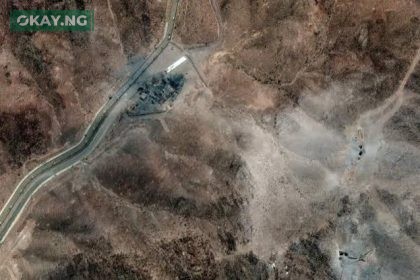Prominent human rights lawyer, Femi Falana (SAN), has criticised the recent summons issued by the House of Representatives Committee on Public Petitions to the governors of Benue State, Hyacinth Alia, and Zamfara State, Dauda Lawal, saying the National Assembly lacks constitutional powers to compel governors to appear before it.
Falana made his position known in an interview with Leadership, following the refusal of both governors to honour the summons on Thursday, May 8, 2025.
Okay.ng reports that the summons stemmed from a petition filed on March 27, 2025, by Ihensekhien Samuel, legal representative of Guardians of Rule of Law and Democracy, a civil society group.
The group had accused the governors of influencing the suspension of lawmakers in their respective State Houses of Assembly and urged the National Assembly to take over the legislative functions of the affected state assemblies, invoking Section 11(4) of the 1999 Constitution.
In his response, Falana dismissed the legal basis for the summons, stating that the National Assembly “does not have such powers.”
“There is no law that grants them such powers, and they cannot hide under Section 82, which only allows them to issue summons when they are amending laws or investigating money they have appropriated,” Falana said.
He argued that a governor cannot be summoned unless there is an issue involving federally appropriated funds or legislation under review by the National Assembly.
“They cannot summon a governor because the governor accounts for appropriated funds in the House of Assembly of his state. They simply cannot do this,” he added.
Falana cited legal precedent to support his view, referencing a past court ruling in Sterling Bank vs the Senate, where the court ruled against the legislature’s overreach in issuing summons without jurisdiction.
“You can only summon a public official if you are investigating fraud related to money they have appropriated or if you are in the process of making a new law. Therefore, there is no general authority to summon anyone,” he said.
The Senior Advocate of Nigeria emphasised that Nigeria’s governance operates under a federal system, and the National Assembly cannot exercise direct oversight over state governors.
“There is no direct link between the National Assembly and a state governor; the governor is not bound by laws made by the National Assembly,” he said.













